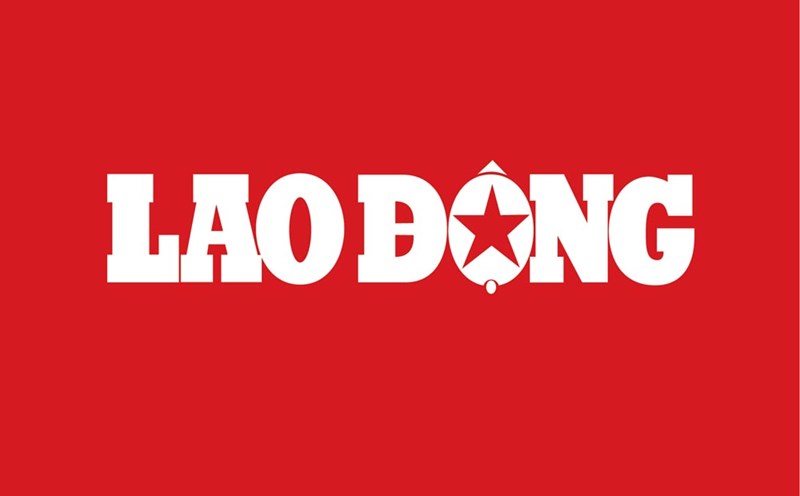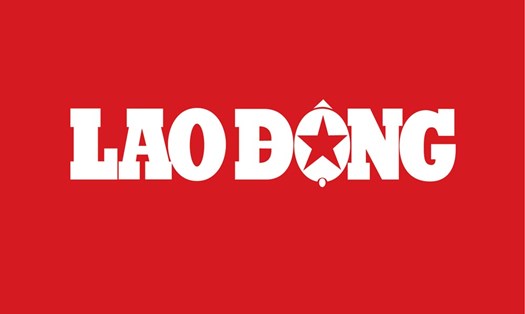According to TV channel TRT Haber, Turkish Energy Minister Alparslan Bayraktar said that Turkey strongly opposes US sanctions on Russian gas because the order cannot be replaced in the medium term.
Last week, Washington imposed sanctions on more than 50 Russian financial institutions, including Gazprombank - a bank affiliated with the gas giant of the same name Gazprom - and six of its international subsidiaries.
The measure cut off Russia's Gazprombank from the international payment system SWIFT.
"We are against any decision that affects the flow of gas from Russia. If the sanctions reach this level, it will harm the Turkish economy, households and 85 million people," Bayraktar told reporters.
The minister stressed that Turkey is the fourth-largest gas market in Europe and Russia is one of the country's main gas suppliers.
Bayraktar also said the issue is being addressed by the Turkish Finance and Foreign Ministries.
Bayraktar expressed hope that the 5-year contract for the transit of Russian to European gas via Ukraine, which expires on December 31, 2024, will be extended.
Ukraine said it has no plans to extend the deal. If Russian gas flows stop, the EU could lose 5% of its total annual consumption.
"The extension of the agreement will have a positive impact on prices on the gas market. In this case, Turkey is ready to do whatever is necessary, but I think the deal will still be extended," Bayraktar said, stressing that the issue of payments via Gazprombank is also very important for the EU.
Earlier this week, media reports said Turkey was negotiating with Washington to secure a sanctions exemption for Russia, allowing Turkey to continue paying for gas imports from Russia.
Bloomberg quoted Bayraktar as saying that the latest sanctions "could have huge consequences" for Turkey if no exemption was issued.
Although a NATO member, Turkey has not yet imposed sanctions on Russia and still maintains relations with both Moscow and Kiev. Last year, Russia's gas supplies to Turkey accounted for about 45% of the country's gas imports.









